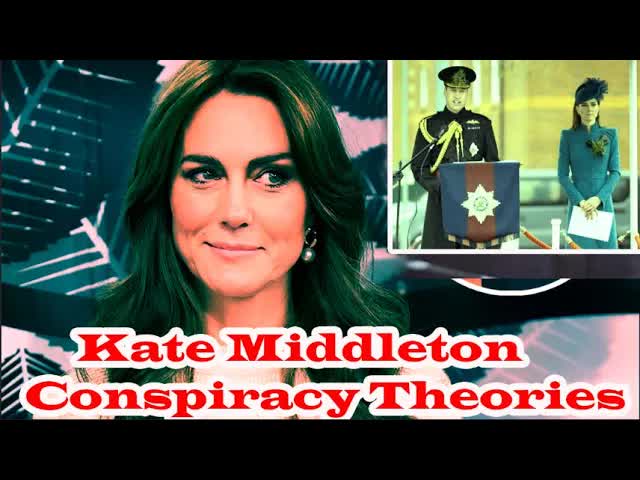In a bold move against disinformation, the UK government has imposed sanctions on entities linked to a malicious online network that targeted none other than Kate Middleton.
This action comes in response to a Russian disinformation campaign that sought to exploit the public’s curiosity about the Princess of Wales’s health issues, particularly her recent abdominal surgery and cancer diagnosis.
On October 28, the UK government announced sanctions against three Russian organizations, including the Social Design Agency (SDA) and its partner, Struktura.
These groups are accused of orchestrating an extensive campaign known as Doppelganger, which aimed to distort the narrative surrounding Russia’s invasion of Ukraine by spreading false information online.
Earlier this year, rumors and conspiracy theories regarding Kate Middleton’s health began circulating widely on social media.
Authorities believe these narratives were strategically amplified by Russia-linked groups, who seized the opportunity to divert attention and promote pro-Russian sentiments under the guise of public interest in the royal family’s affairs.
The UK government has described these actors as the masterminds behind a vast, deceptive online network that inundates social media with fake posts, fabricated documents, and even deepfake content.
Such tactics are designed not only to mislead the public but also to obscure the realities of Russia’s unlawful actions in Ukraine.
Martin Innes, director of the Institute for Security, Crime and Intelligence Innovation at Cardiff University, provided insight into the situation earlier this year.
He noted that his team had identified 45 accounts engaged in disseminating information related to Kate Middleton.
However, he clarified that these accounts did not initiate the speculation; instead, they exploited existing traffic to further their pro-Russian agenda.
Innes emphasized the insidious nature of these tactics, stating that the groundwork for such conspiracy theories was already laid, making it easy for foreign actors to manipulate the narrative.
“It’s about undermining trust in any institution, government, monarchy, or media,” he explained.
This strategy of destabilization is particularly effective in a climate rife with skepticism.
Kate Middleton wasn’t the only member of the royal family to face online attacks this year.
Just days before she publicly revealed her cancer diagnosis, Russian media propagated a false claim about King Charles’s death.
The British embassy in Kiev quickly debunked the rumor, highlighting the lengths to which these disinformation campaigns will go.
In the wake of these troubling developments, UK Foreign Secretary David Lammy issued a stern warning regarding Russia’s attempts to undermine European support for Ukraine.
He stated, “Putin is desperate to stoke fear,” and emphasized that the recent sanctions serve as a clear message of intolerance toward lies and interference from the Kremlin.
The UK government’s statement also noted that it would not act alone in this effort.
Countries including the United States, Canada, France, Germany, Australia, and the European External Action Service are joining forces to condemn the SDA’s malign activities around the globe.
This coordinated response underscores a collective commitment to countering disinformation and supporting Ukraine against ongoing aggression.
